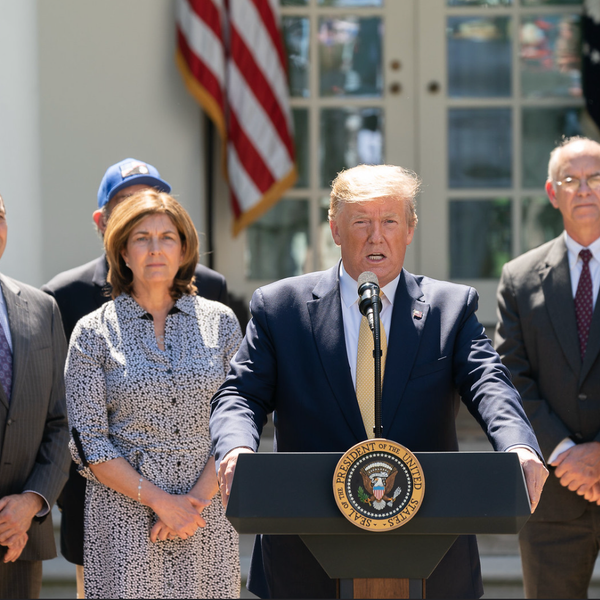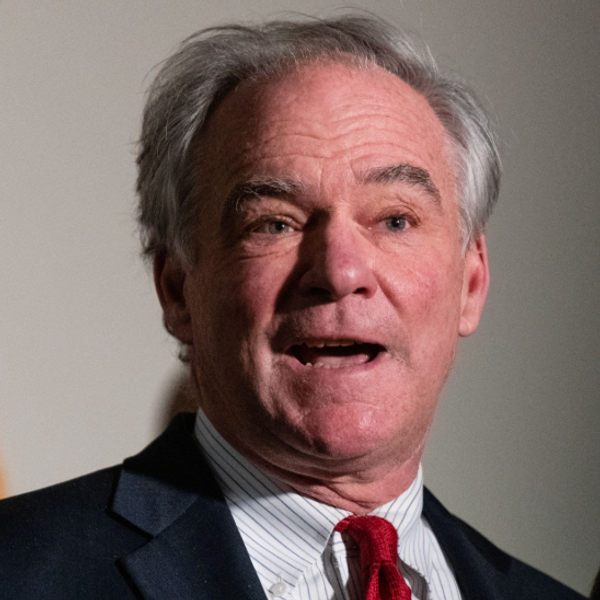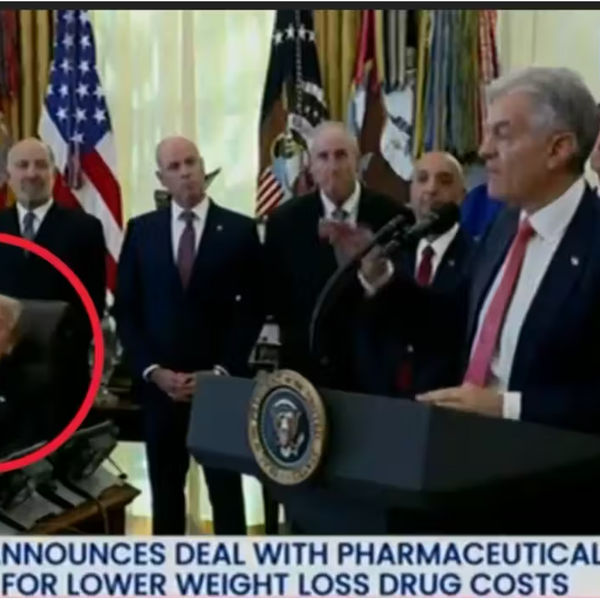
By Jim Puzzanghera, Los Angeles Times (TNS)
WASHINGTON — The House defied a veto threat by President Barack Obama and voted Wednesday to approve a two-year delay in implementing part of the so-called Volcker Rule, a key banking regulation enacted in the wake of the 2008 financial crisis.
The delay was the most controversial of numerous changes in the 2010 Dodd-Frank financial regulatory overhaul that the House approved by a 271-154 vote in the latest Republican effort to weaken a law that nearly all of them opposed.
Republicans described the changes as minor fixes to a complicated law that were needed to avoid overburdening businesses. There were 29 Democrats who joined with all but one Republican, Walter Jones of North Carolina, in approving the bill Wednesday.
“These are smart, technical reforms to an overly burdensome law, Dodd-Frank, that are bipartisan,” said Rep. Michael Fitzpatrick (R-PA), who sponsored the package of changes.
“These regulations may have been targeting Wall Street, but their burden falls heavily on Main Street,” he said.
Most of the changes have enjoyed broad bipartisan support in previous House votes.
But Obama and most Democrats opposed the new bill largely because of the revisions to the Volcker Rule, a centerpiece of Dodd-Frank that prohibits banks from trading for their own profit and limits their ownership of risky investments.
Part of the rule requires banks to divest their holdings of collateralized loan obligations, types of financial securities primarily backed by commercial loans. The Federal Reserve already delayed that requirement to 2017.
The House bill would delay it until 2019. The move has been strongly pushed by financial industry lobbyists, who said it would prevent banks from having to sell their investments in a fire-sale fashion.
Rep. Maxine Waters (D-CA), one of the chief defenders of the Dodd-Frank law, said that the delay wasn’t needed.
“Somehow, Wall Street bankers, the supposedly smartest people in the room, can’t seem to comply with a law passed in 2010 by … 2017,” she said. “Seven long years isn’t enough. The Republicans and the banks want nearly a decade.”
In its veto threat, the White House said the Obama administration “has significant concerns with provisions that would undermine the Volcker Rule.”
But supporters of the bill said Democrats were overreacting.
“For some members of the Democrat Party, apparently Dodd-Frank has been elevated beyond ideology to religion and there can be no changes in a 2,000-page bill that we know to be fraught with unintended consequences,” said House Financial Services Committee Chairman Jeb Hensarling (R-TX), a leading opponent of the law.
Rep. Andy Barr (R-KY) noted the House bill “doesn’t do away with the Volcker Rule” but simply makes some changes needed to help banks and make sure credit remains available for businesses.
It’s unclear if the new Republican majority in the Senate will take up the bill and if opponents, led by Sen. Elizabeth Warren (D-MA), have enough votes to filibuster it.
But Republican leaders could try to attach the legislation to a government funding bill or other so-called must-pass measures that would be difficult for Obama to veto.
That’s the strategy they’ve used in recent weeks to make some other important changes to Dodd-Frank, including easing restrictions on bank trading of financial derivatives.
Photo: Mathew Knott via Flickr








